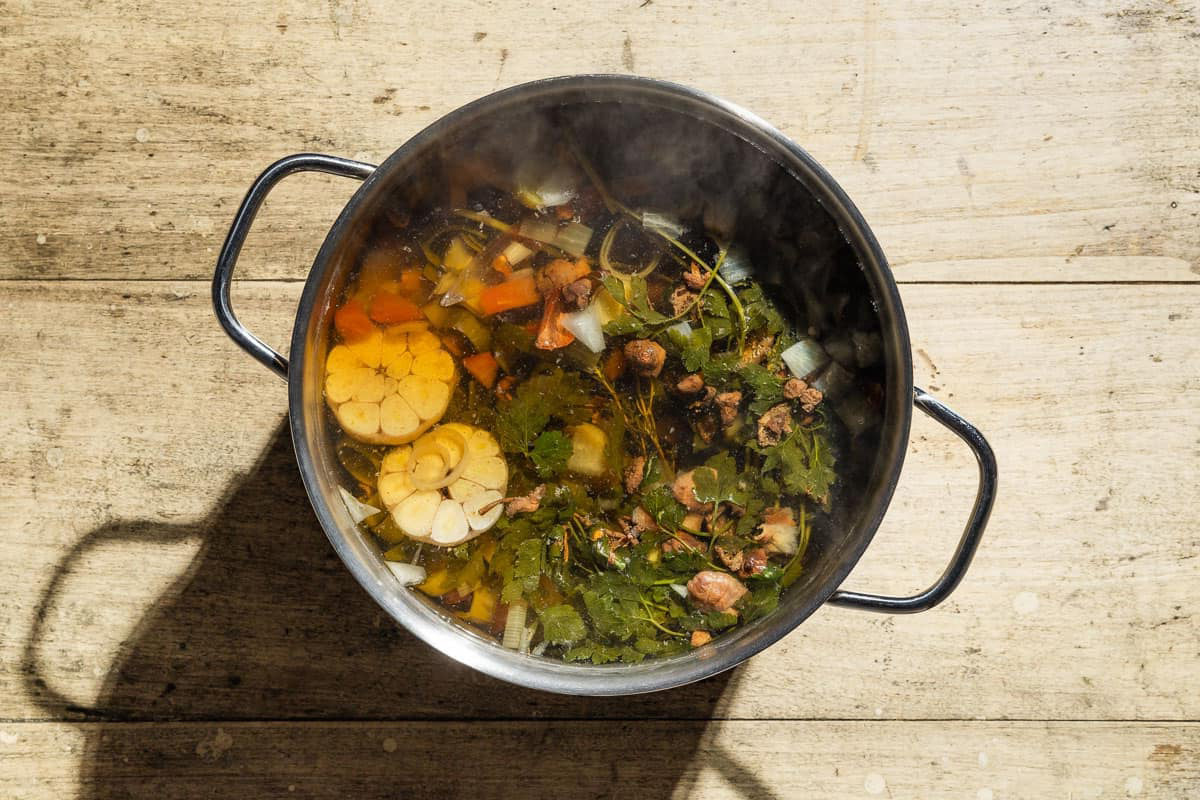Understanding Kosher: A Guide to Jewish Dietary Laws
When it comes to food, many people are familiar with terms like organic, gluten-free, or vegan. However, there’s another dietary practice that has been around for centuries and holds significant cultural and religious importance for the Jewish community. This dietary practice is known as Kosher.
So, what exactly is Kosher and what does it entail? Let’s delve into the details of this ancient dietary tradition.
The Basics of Kosher
Kosher is a set of dietary laws that originate from the Jewish faith. These laws dictate which foods are permissible for consumption and how they should be prepared and served. The word “Kosher” itself means “fit” or “proper” in Hebrew, and it encompasses a wide range of guidelines that govern various aspects of food production and consumption.
Kosher Dietary Restrictions
One of the key principles of Kosher dietary laws is the prohibition of certain foods. According to these laws, the following items are not considered Kosher:
- Pork: Pork and any pork-derived products are not permitted in Kosher dietary practices.
- Shellfish: Seafood such as shrimp, lobster, and crab are also off-limits in Kosher diets.
- Meat and Dairy Combination: Mixing meat and dairy products is strictly prohibited in Kosher cooking.
These are just a few examples of the many dietary restrictions outlined in Kosher laws. The underlying principle is to maintain separation and purity in food consumption, as dictated by Jewish tradition.
Kosher Food Preparation
It’s not just about the types of food that are consumed; the way in which food is prepared also plays a crucial role in Kosher dietary practices. Some key guidelines for food preparation include:
- Separation of Meat and Dairy: Kosher kitchens have separate sets of utensils, cookware, and dishes for meat and dairy products to prevent any mixing or cross-contamination.
- Proper Slaughtering of Animals: When it comes to consuming meat, animals must be slaughtered in a specific manner to be considered Kosher.
- Inspection of Fruits and Vegetables: Certain fruits and vegetables need to be carefully inspected for insects, as the presence of insects can render them non-Kosher.
The Significance of Kosher
For those who adhere to Kosher dietary laws, the practice goes beyond mere food restrictions; it is a way of honoring tradition, spirituality, and community. By following these dietary guidelines, individuals express their commitment to their faith and heritage.
Furthermore, Kosher certification on food products provides assurance to consumers that the items have been prepared in accordance with these strict standards, instilling trust and confidence in the products they purchase.
Conclusion
While the concept of Kosher may seem complex to those unfamiliar with it, at its core, it is a set of dietary laws deeply rooted in tradition and religious significance. By understanding the principles of Kosher and the reasons behind its practices, we can gain a greater appreciation for the cultural and spiritual importance it holds for the Jewish community.
Whether you follow a Kosher diet or simply seek to expand your knowledge of diverse culinary traditions, exploring the world of Kosher can offer valuable insights into the rich tapestry of food and culture.
Was this page helpful?
Read Next: What Is Cowboy Candy Used For











